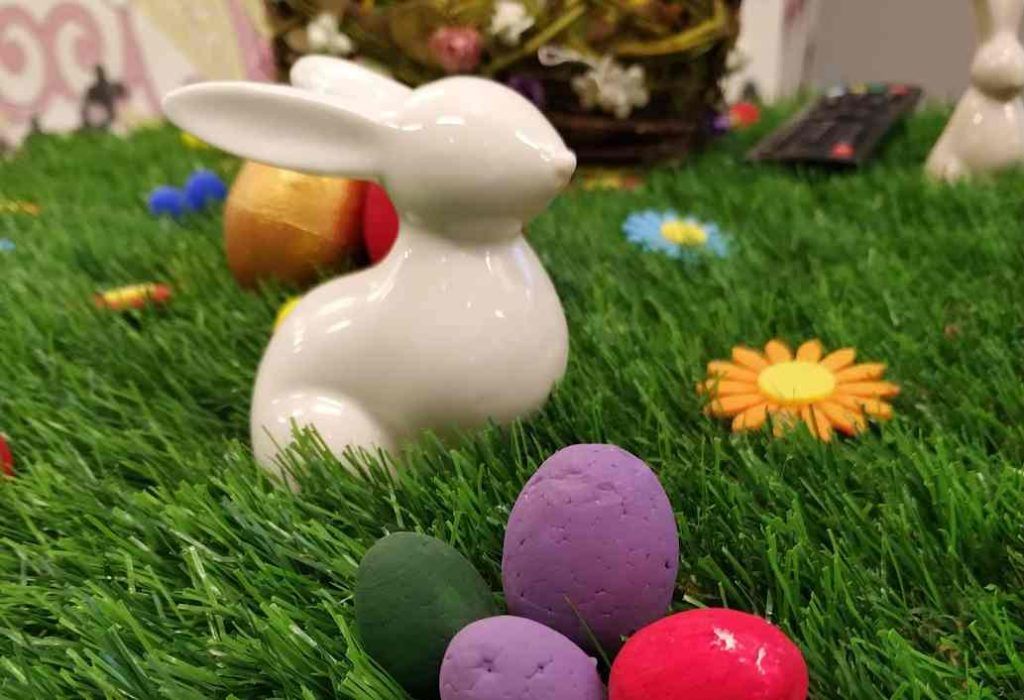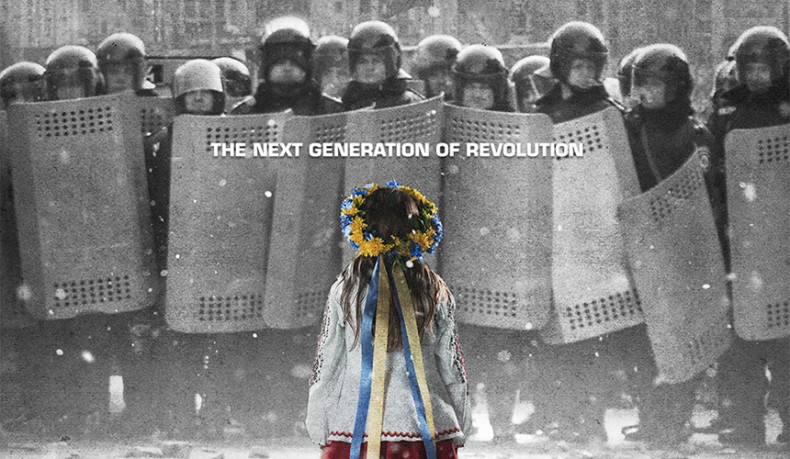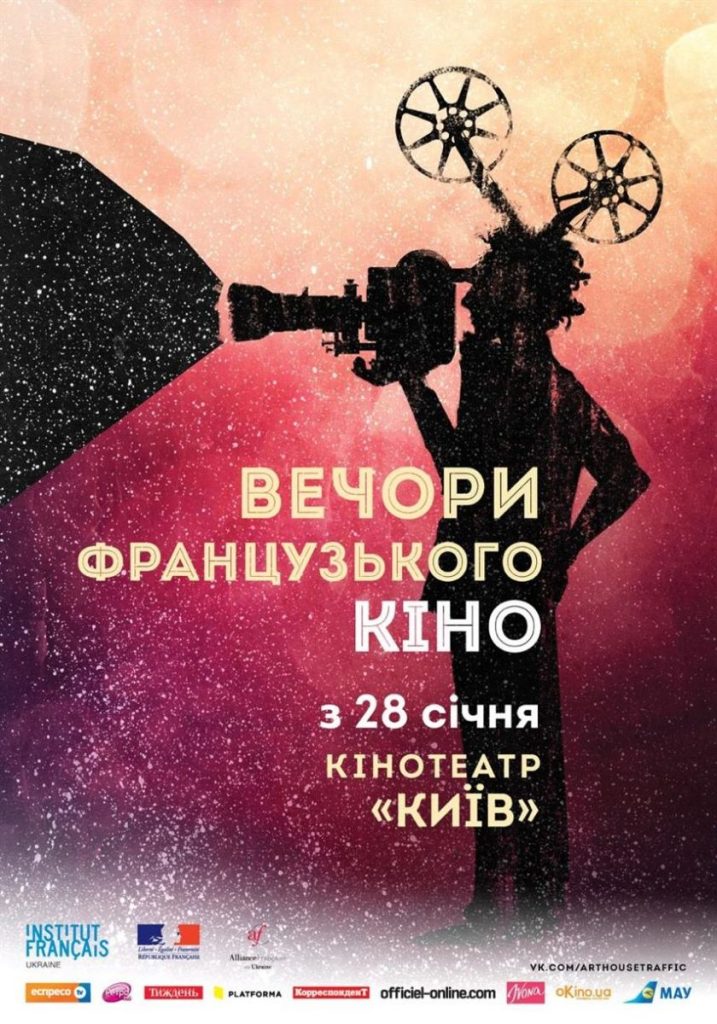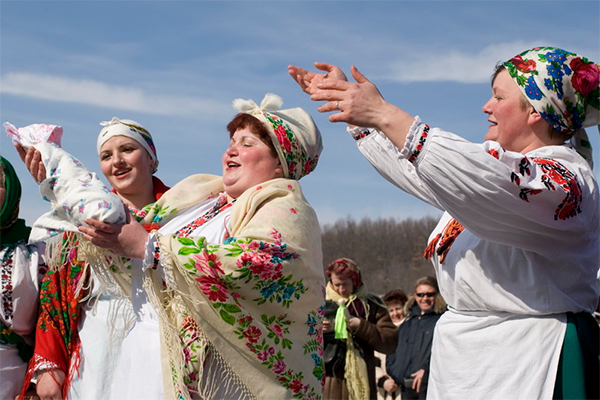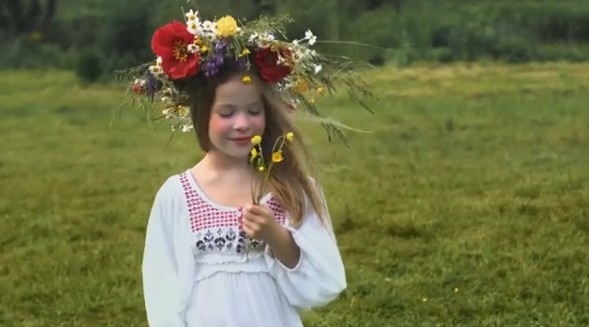Easter holds great significance for a large number of Ukrainians, with customs and traditions being cherished and passed on from one generation to the next. To gain a deeper understanding of the distinctive customs that make Easter in Ukraine so special, explore further.
Orthodox Christians will celebrate Easter in Ukraine on April 16. This joyful holiday is steeped in unique traditions and customs that make it a favorite among many Ukrainians. To delve deeper into the pre-holiday atmosphere and learn about Ukrainian Easter traditions, read on.
Greeting Traditions:
On Easter, Ukrainians exchange special greetings, a tradition that dates back many centuries and is a must-have for holiday congratulations. Believers exchange three kisses on the cheek, while saying “Khrystos voskres” (Christ is risen) and “Voistynu voskres” (He is truly risen). The greeting phrase is also used to decorate pastries, eggs, tablecloths, towels, and more.
Easter Basket:
Easter baskets are a common practice among Christians, and the Ukrainian version has its unique characteristics. The decoration includes willow branches, candles, and an embroidered towel, which is often passed down from generation to generation. The basket is filled with dishes that will be eaten at dinner, including Easter eggs, Easter cake, bacon, and sausage, bread, butter, and cheese. Each element has its symbolic meaning, with branches symbolizing the intertwining of love and intelligence, candles representing light, and eggs symbolizing life and fertility.
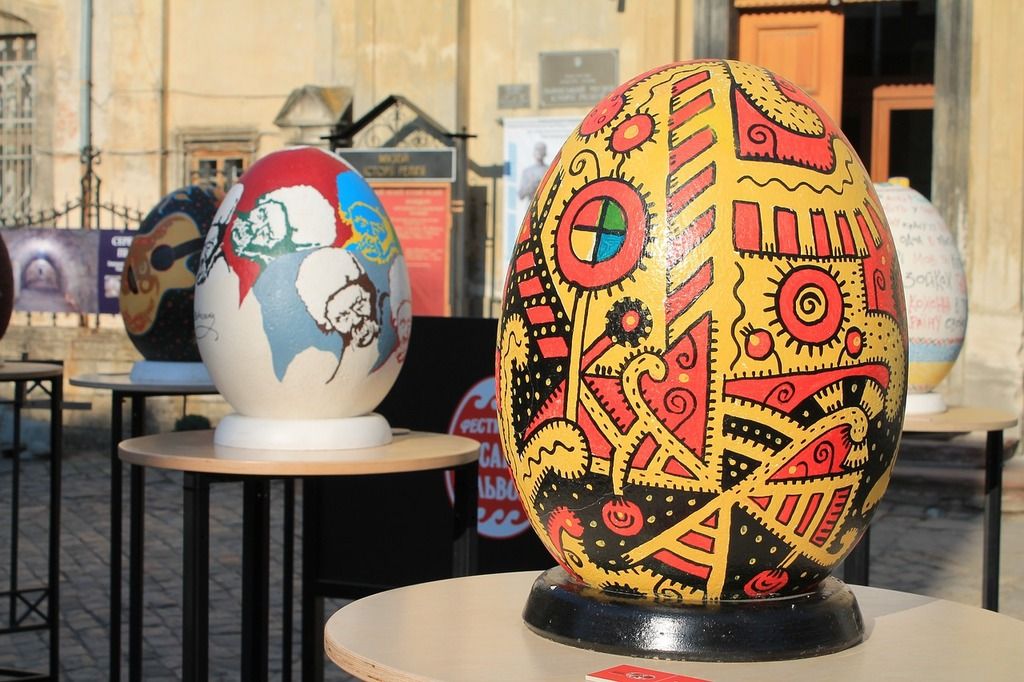
Easter Dinner:
Families gather for dinner, where the celebration is more than just eating. It’s about sharing positive energy, praying for a brighter future, and believing in the triumph of good over evil. Consecrated food is always placed on the table, and everyone should try it. The centerpiece of the meal is Easter cake and Easter eggs, but other dishes are also prepared.
Easter Cake:
Easter cake is a sweet bread baked on the eve of the holiday on Thursday or Saturday. It represents the presence of God in people’s lives, and the height of the finished dish symbolizes the prosperity of the family. The hostess’s thoughts and attire are as important as the quality of the ingredients. It is recommended to avoid making noise, slamming doors, or talking loudly while preparing the dough and baking, as this can prevent the dough from rising and baking well.
Easter Eggs:
Easter eggs are called pysanky, krasanky, or driapanky, depending on the coloring technology. Eggs are dyed, painted, scratched with a needle, or melted wax. Natural dyes were used in the past, including fruits and bark of trees, herbs, and flowers. Coloring eggs is a favorite Easter tradition, especially for children.
Music:
On Easter, Ukrainians sing hayivky, songs combined with dances that celebrate the arrival of spring. This tradition dates back to pagan times but remains alive today. Many modern artists reinterpret traditional motifs and create new tracks.
Watered Monday:
Easter in Ukraine does not end on Sunday. On the first Monday after the holiday, Ukrainians practice pouring water on themselves and others. Christians believe that water on this day becomes healing and helps to purify oneself spiritually.

